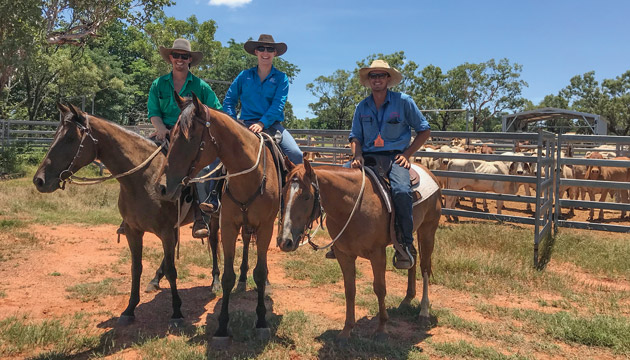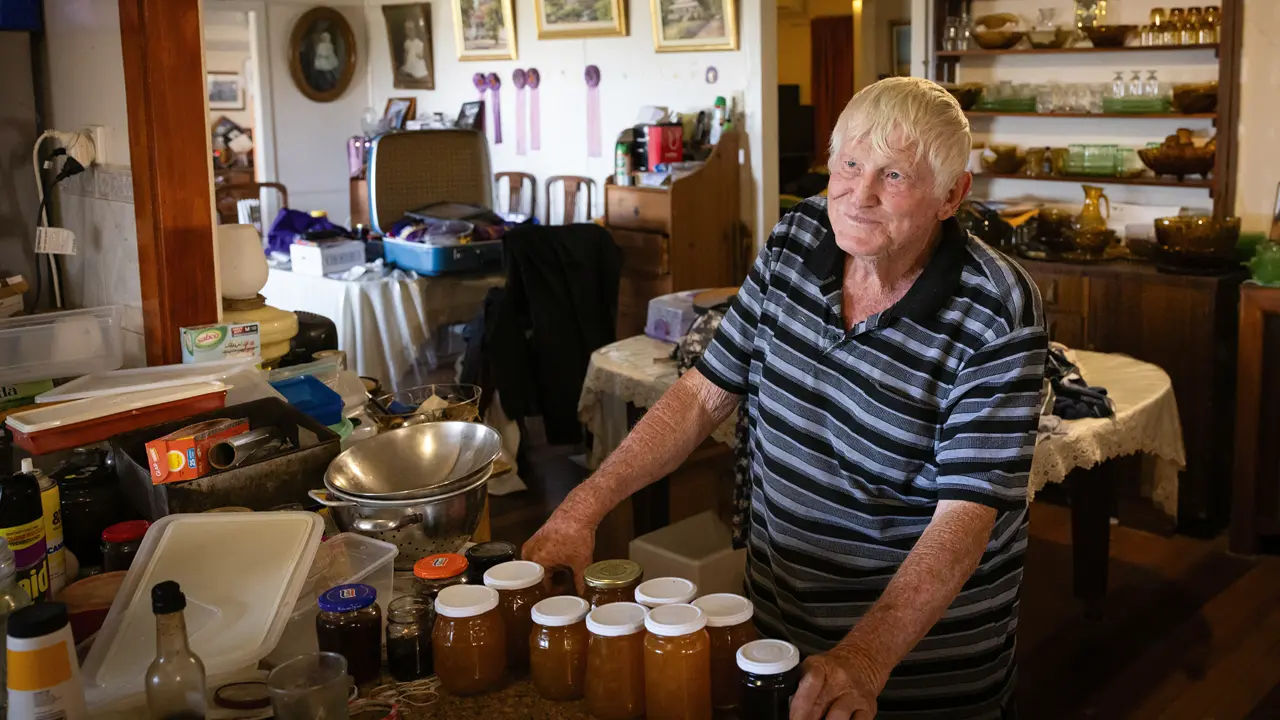Travelling between 40 stations across the top of the Northern Territory, vocational education and training lecturers from Charles Darwin University ensure that the next round of ringers, bore runners and stockmen and women are good at their jobs.
Story Ken Eastwood
Fiona Plunkett had grown up on a dairy farm at Beaudesert, in Queensland, before training as a teacher, and teaching high school maths and physical education at Biloela. But she always had a desire to work on large cattle stations, so left teaching to work for a contract musterer in the Northern Territory for a few years. Then, five years ago, an assessor from Charles Darwin University came to visit some of the students at the stock camp at which Fiona was working, and so she discovered “the perfect job”, as a vocation education and training lecturer and workplace assessor. The assessor explained that the job involves visiting agriculture and rural operations students on the stations on which they are working, assessing their skills, helping with theory, and encouraging them to become better ringers, bore runners and stockmen and women. She encouraged Fiona to try for the open position.
“I thought, ‘geez, this sounds a little bit too good to be true’,” Fiona says. “But it was every bit that good.”
Fiona and the other three assessors generally spend about two weeks at a time on the road, during which they’ll visit students on seven or eight stations. They liaise with all the station managers and aim to visit all 220 students 4–5 times each season. “Depending on the number of students at a station, we’ll stay 1–2 nights each time,” she says.
Once on a station they’ll determine where the students are, then set out to find them. “If they’re in the yards, then you’re in the yards, too, or if they’re out mustering, someone will get you a horse or a bike, too,” Fiona says. “Our aim is to get a real sense of where they’re at, in terms of skills.”
This story excerpt is from Issue #119
Outback Magazine: June/July 2018










